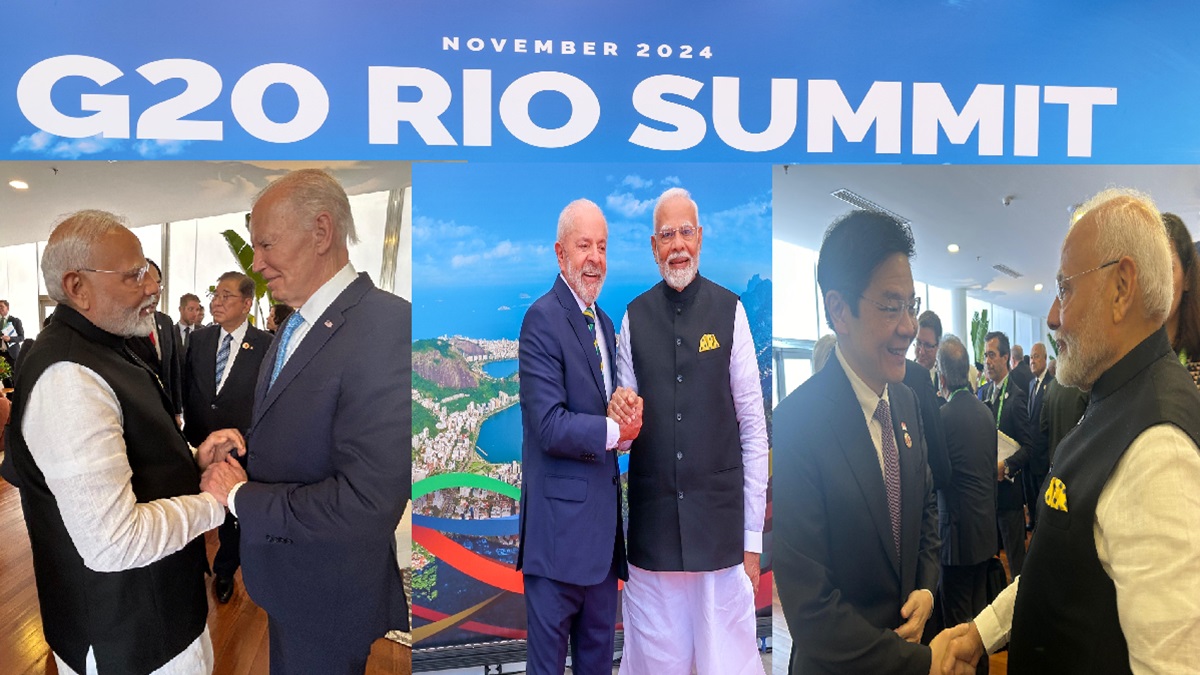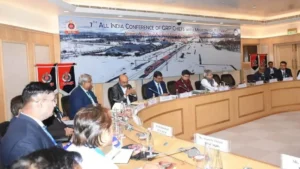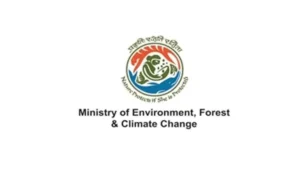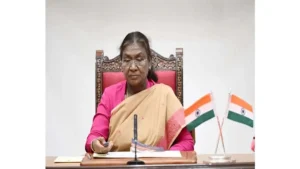The Rio de Janeiro Declaration, released at the G20 Leaders’ Summit in Rio de Janeiro on November 18, 2024, emphasizes several core commitments, including the taxation of billionaires, energy transition, and support for global climate initiatives like COP30 in Brasil. This historic declaration marks the culmination of Brazil’s presidency, led by President Luiz Inácio Lula da Silva, who outlined the achievements and progressive themes championed during the summit.
Key Outcomes of the 2024 G20 Summit Highlighted by President Lula
At the closing of the G20 Brasil Leaders’ Summit, President Lula emphasized the substantial achievements of Brazil’s presidency. These include:
- Creation of the G20 Social Summit: A platform dedicated to social issues, aimed at fostering cooperation among member nations.
- Roadmap for Enhancing Multilateral Development Banks (MDBs): A strategic guide to reform MDBs for better global financial governance.
- Focus on Africa and External Debt: Initiatives to address challenges faced by African nations and reduce external debt burdens.
- Women’s Empowerment Working Group: Establishment of a dedicated group to advance gender equality and women’s rights.
- Inclusion of SDG 18: A newly introduced Sustainable Development Goal focusing on ethnic-racial equality.
Emphasis on Trade and Sustainable Development
The declaration outlines principles for trade and sustainable development, emphasizing the importance of fair and sustainable trade practices. It also commits to:
- Increasing Renewable Energy Production: Pledges to enhance renewable energy output by 2023.
- Coalition for Local and Regional Production of Vaccines and Medicines: A coalition to boost healthcare self-sufficiency in developing regions.
- Investment in Public Policies for Water and Sanitation: Promoting investments to ensure access to clean water and proper sanitation.
President Lula’s Reflections
President Lula highlighted the exhaustive efforts of Brazil’s presidency, noting, “We have worked hard, even though we know that we have only scratched the surface of the profound challenges facing the world.” He underscored the significance of collaboration between the Sherpa and Finance Tracks, which led to more effective outcomes.
Transition to South Africa’s Presidency
As the G20 presidency transitioned to South African President Cyril Ramaphosa, Lula acknowledged the shared cultural, political, and economic ties between Africa and Latin America. He remarked that by 2026, every G20 nation would have held the presidency at least once, stressing, “This is the right time to evaluate the role we have played so far and how we should act from now on.”
Focus on Key Themes of the Declaration
Social Inclusion and Poverty Eradication
The Global Alliance Against Hunger and Poverty was a major highlight, aimed at eliminating world hunger by 2030. Key points include:
- Support from Global Leaders and Institutions: 81 countries, 26 international organizations, 9 financial institutions, and 31 philanthropic foundations have joined this effort.
- Inauguration Ceremony: Attended by global leaders, including President Joe Biden, Olaf Scholz, Xi Jinping, and Emmanuel Macron.
- FAO Statistics: Lula cited that 733 million people are undernourished in 2024, emphasizing that political decisions, rather than scarcity, perpetuate hunger and poverty.
Climate Action and Energy Transition
Reinforcement of Climate Commitments
The G20 leaders reiterated their commitments to the Paris Agreement and the pursuit of carbon neutrality. They emphasized:
- Mobilization Against Climate Change: Urgent actions needed to meet climate targets, with an emphasis on public and private green financing.
- Support for COP30: Endorsement of COP30, set to be held in Belém, Brasil, in 2025, and ongoing negotiations at COP29 in Baku, Azerbaijan.
- New Quantified Collective Objective for Climate Financing (NCQG): A goal to enhance climate financing mechanisms.
Energy Transition Measures
The declaration stressed:
- Investment in Developing Countries: Support for fair and sustainable energy transitions in the Global South.
- Phasing Out Fossil Fuel Subsidies: Commitment to eliminating inefficient subsidies while promoting renewable energy.
- Clean and Sustainable Energy Initiatives: Efforts to drive energy transitions in line with environmental sustainability.
Global Governance Reform
Strengthening International Institutions
The declaration calls for comprehensive reform in global governance, including:
- Modernization of the United Nations: Enhancing the UN’s ability to address global crises.
- International Financial System Reform: Advocating for a more inclusive and resilient financial architecture.
- Inclusive Multilateral Trading System: Promoting fair trade policies to benefit all nations.
- Ethical Development of Artificial Intelligence: Guidelines to ensure that AI advancements align with global ethical standards.
Addressing Inequality and Promoting Racial Equality
New Initiatives to Combat Inequality
For the first time, the G20 committed to addressing racial inequality, through:
- Progressive Taxation Policies: Advocating for the taxation of billionaires to redistribute wealth and reduce inequality.
- Mobilizing Resources for Basic Sanitation: Investments aimed at ensuring access to clean water and proper sanitation.
- Support for Ethnic-Racial Equality: Introducing measures to combat racism and promote social cohesion.
Establishment of the Global Alliance Against Hunger and Poverty
Alliance Objectives and Framework
The Global Alliance aims to fast-track progress toward the Sustainable Development Goals (SDGs) by 2030. Key features include:
- Country-Driven and Evidence-Based Programs: Encouraging nations to tailor solutions to their unique challenges.
- Knowledge Exchange and International Cooperation: Facilitating collaboration among governments, NGOs, and financial entities.
- Policy Tools and Instruments: A set of rigorously evaluated strategies to guide nations in eradicating hunger.
Alliance Portal
The dedicated website provides comprehensive resources, including:
- Event Agendas and News Updates: Information on meetings and developments.
- Participation Guidelines: How countries and organizations can join the Alliance.
- Policy Programs: Tools available to adapt to local contexts for impactful results.
Global Initiative for Information Integrity on Climate Change
Addressing Climate Disinformation
This initiative, emerging from the G20 discussions, targets climate denialism and disinformation. It focuses on:
- Collaboration Among Countries and Researchers: Strengthening global efforts to counter false narratives on climate change.
- Funding Research and Strategic Actions: Collecting data to support informed decision-making and communication strategies.
- Support for COP30: Ensuring accurate information dissemination to bolster climate action ahead of the 2025 conference.
President Lula concluded, “Countries cannot tackle this problem individually. This initiative will bring together countries, international organizations, and networks of researchers to support joint efforts to combat disinformation.”
Brazil, UN, and UNESCO Launch Global Initiative for Information Integrity on Climate Change
- Brazil, in collaboration with the United Nations (UN) and UNESCO, has launched the Global Initiative for Information Integrity on Climate Change.
- The initiative aims to tackle disinformation affecting climate change actions, financing research, and spreading accurate climate-related information.
- The initiative is supported by an initial fund target of $10 to $15 million, raised over 36 months and managed by UNESCO.
Fundraising and Use of Grants
- Funds will be raised with the participation of several countries, including confirmed partners like Chile, Denmark, France, Morocco, the United Kingdom, and Sweden.
- The fund will distribute grants to non-governmental organizations (NGOs) focusing on:
- Conducting research on climate information integrity.
- Developing effective communication strategies.
- Running public awareness campaigns about climate change.
Global Support and Commitment
- UN Secretary-General António Guterres emphasized the need to combat disinformation, including denial, greenwashing, and harassment of climate scientists.
- UNESCO Director-General Audrey Azoulay highlighted the importance of reliable information, supporting journalists and researchers who face risks while investigating climate issues.
- The initiative aligns with the Global Digital Compact, promoting assessments of disinformation’s impact on achieving Sustainable Development Goals (SDGs).
Sustainability and Climate Change Action
- The Declaration demands firm commitments to reducing greenhouse gas emissions, preventing deforestation, and protecting oceans.
- It stresses that adaptation and mitigation strategies must respect scientific knowledge and indigenous wisdom.
- Efforts must be aligned with Nationally Determined Contributions (NDC) and the Paris Agreement to keep warming below 1.5°C.
Just Transition Principles
- The just transition framework emphasizes replacing fossil fuels with a low-carbon economy, addressing social and environmental disparities.
- The proposal calls for extensive environmental education and social participation to empower communities.
- Special focus is given to energy poverty, environmental racism, and providing equitable opportunities for workers.
Conservation Efforts and Financial Mechanisms
- The Tropical Forest Forever Fund (TFFF) is proposed to finance forest conservation and support local communities.
- A New Collective Quantified Goal (NCQG) on climate finance is recommended to secure ongoing support for biodiversity and climate resilience.
Tax Justice and Funding Reforms
Progressive Taxation of the Super-Rich
- Social movements advocate for progressive taxes on the wealthiest individuals to fund social and environmental initiatives.
- Funds must be transparently managed and involve civil society in oversight to ensure effective use.
Commitment to Inclusive Global Solutions
- The Declaration concludes with a call for transformative leadership, urging G20 heads of state to address climate change, hunger, and governance reforms.
- Civil society representatives highlight the essential role of inclusive and participatory governance in shaping a sustainable and equitable world.
Summery of the News
| Why in News | Key Points |
|---|---|
| 2024 G20 Summit in Rio de Janeiro | The G20 Summit focused on combating hunger, poverty, inequality, and climate change, and proposed global governance reforms. |
| Brazil’s Role | Brazil, under President Luiz Inácio Lula da Silva, hosted the 2024 G20 Summit. |
| Key Proposals | – Global Alliance Against Hunger and Poverty – Creation of Tropical Forest Forever Fund – Just transition to low-carbon economy |
| Key Declaration | Rio de Janeiro Declaration emphasized food sovereignty, agroecological practices, climate finance, and governance reform. |
| Climate Change | Focus on reducing emissions, preventing deforestation, and supporting sustainable economies. |
| Global Governance Reform | Call for reform of UN Security Council for better representation of Global South and civil society participation. |
| Tax Justice | Advocacy for progressive taxation of the super-rich to fund social, environmental, and cultural policies. |
| Participating Countries | Brazil, with input from international civil society groups, including those representing marginalized communities. |
| Social Movements Representation | Involvement of women, black communities, indigenous peoples, workers, LGBTQIA+ communities, and more. |
| Notable People | – President Luiz Inácio Lula da Silva (Brazil) – Mazé Morais (Civil Society Representative) – Oliver Röpke (European Economic and Social Committee President) |
| Key Schemes | Global Alliance Against Hunger and Poverty aligned with SDGs and advocating for food sovereignty. |
| Next G20 Host | South Africa will host the next G20 Summit. |



 7th All India Conference of GRP Chiefs C...
7th All India Conference of GRP Chiefs C...
 MoEFCC to Organise ‘Him-CONNECT’ at WSDS...
MoEFCC to Organise ‘Him-CONNECT’ at WSDS...
 National Arogya Fair 2026 to Be Held in ...
National Arogya Fair 2026 to Be Held in ...








